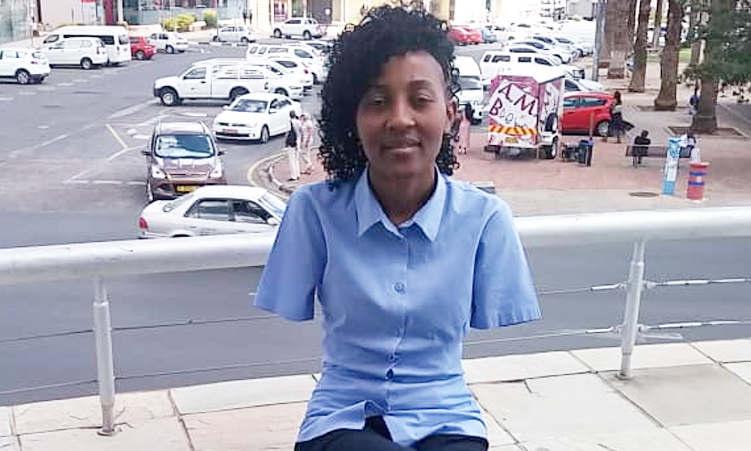
Presidential elections in Liberia and Namibia have highlighted various political challenges and the importance of citizen engagement in shaping the countries' futures. In Liberia, President George Weah is seeking a second term, facing a rematch against former Vice President Joseph Boakai. The country is divided, and tensions have flared between supporters of the two parties, leading to loss of lives and destruction of properties. Weah has defended his administration's performance but has faced criticism for corruption scandals and allegations of mismanagement. Analysts believe a runoff election is likely, as it is unlikely that any candidate will win outright in the first round. The next president of Liberia faces significant challenges in addressing internal conflicts, corruption, and lack of trust in the electoral system.
In Namibia, an article from the Namibian discusses the right to vote and political inclusion for people with disabilities. Namibia's Constitution guarantees all citizens the right to political engagement, including the right to vote and be elected to public office. However, people with disabilities in Namibia face barriers such as lack of access to information and discriminatory legislation that hinders their political participation. The article calls for advocacy efforts to empower people with disabilities to participate in politics, including formulating policies that promote equal rights, providing training in political skills, and ensuring inclusive service delivery by the Electoral Commission of Namibia. The article emphasizes the importance of political engagement for people with disabilities and highlights the need for inclusive practices and policies to ensure their full participation in the democratic process [96da0bc0].
Both Liberia and Namibia demonstrate the significance of citizen engagement in holding elected officials accountable, demanding sustainable results, and promoting inclusivity in the political process. The articles highlight specific areas where citizen involvement is crucial, such as the selection of key positions in the government, the budgeting process, and the removal of barriers that hinder political participation for people with disabilities. They urge citizens to actively participate in shaping their countries' futures and remind them that they have the power to bring about positive change. The articles conclude by encouraging readers to stay informed and engaged, as they are the ones who can make a difference.